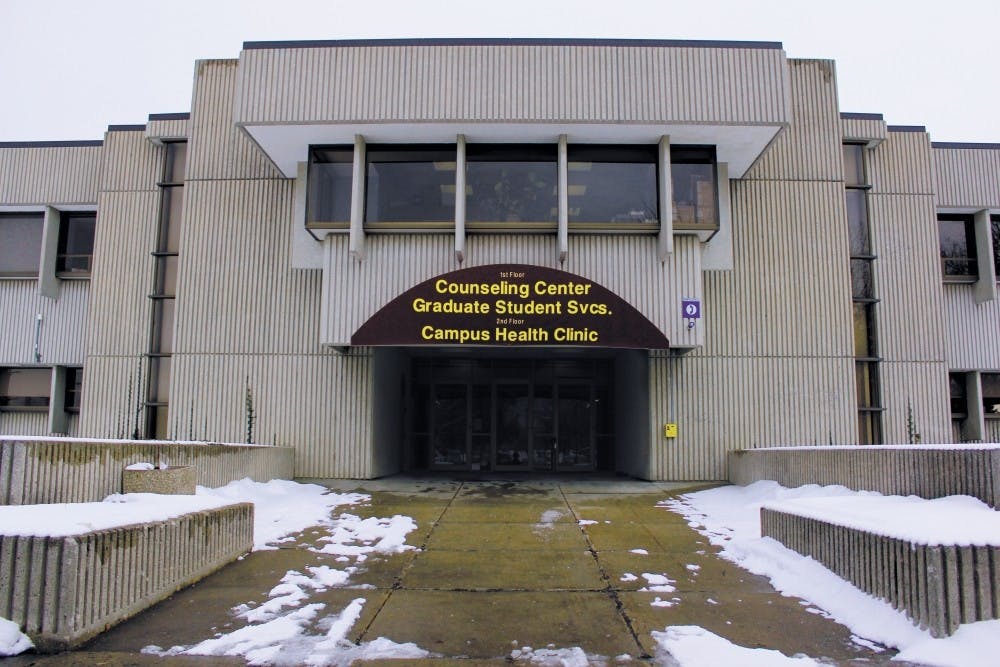EDITORIAL: As Counseling Center usage is on the rise, don't wait until it's too late to seek help
When Central Michigan Life called the Counseling Center on Friday, Nov. 17, there were 65 students on a waitlist to meet with a counselor.
Earlier in the semester, that waitlist was more than 100 people long.
We write a similar editorial around this time: It is the same words, refined differently, but with one central premise — the Counseling Center should be better staffed, the university should put more of an emphasis on mental health accessibility for students and there shouldn't have to be a waitlist where students in need of help are pushed aside for a date weeks away.
The school sets a precedent that it undervalues mental health and its corresponding facilities when it cannot keep up with the demand that trends upward during the fall semester.
There comes a point when the burnout becomes too much for students, the course work piles high and the exams, essays and projects keep coming. When this happens, there should be a place for students to turn where they have the ability to meet with a professional who can help put perspective on their problems.
For many students, this might be their first time away from home or their first time far from their support group of friends and family. When this happens, they should not be relegated to a waitlist, only seen several weeks later.
This isn't any of the counselors faults either.
Staff at the Counseling Center have routinely expressed they they are not equipped to handle the deluge of students they see during the fall months. They want to hire more faculty, but are not in charge of how many specialists are staffed at their Foust Hall location.
So we urge students — when the waiting gets long and if you're in need of a counselor, be proactive. There are other resources on campus students can utilize that either don't require a waiting list.
There are a number of support groups that meet weekly around campus that focus on specific niches which might exacerbate anxiety or depression for students. Support groups aim to unite people suffering from the same disorder or traumatic life event and bring them together to help whatever they're dealing with.
Those struggling with stress or anxiety can visit the support group at 11 a.m. every Friday in Foust 103.
For survivors of sexual assault, the Sexual Assault Survivors Support Group meets at 3 p.m. every Thursday in Foust 103. Transfer students looking for support group counseling also have sessions at 2 p.m. every Friday during the semester in the same room.
The International Student Support Group meets at 3 p.m. every Friday in Foust 103. The hour long support group runs the entirety of the fall semester and "aims to explore (students') thoughts and feelings about arriving and studying in a new country, as well as offering new perspectives and skills to cope with situations that involve interacting in a different way," according to the Counseling Center's website.
There are also a number of other locations at CMU that serve to meet with students and counsel them on anxiety, depression, loss, stress and more. Reach out to these locations and ask for their next availability, if needed.
Don't suffer on your own as the days dwindle down to finals week.
There is no better time to put your mental health first than now.







